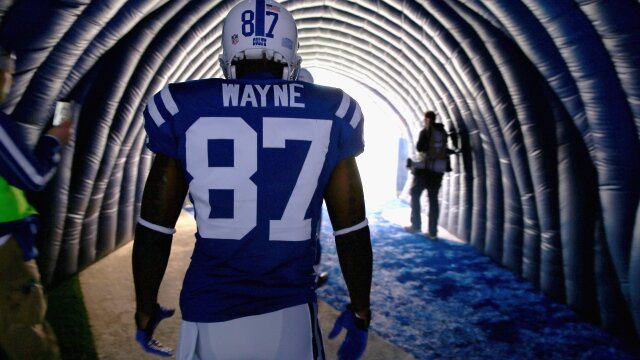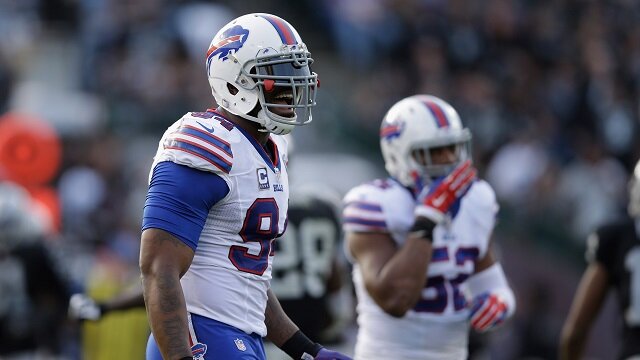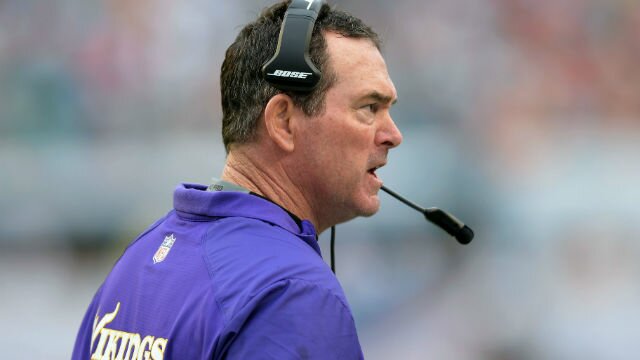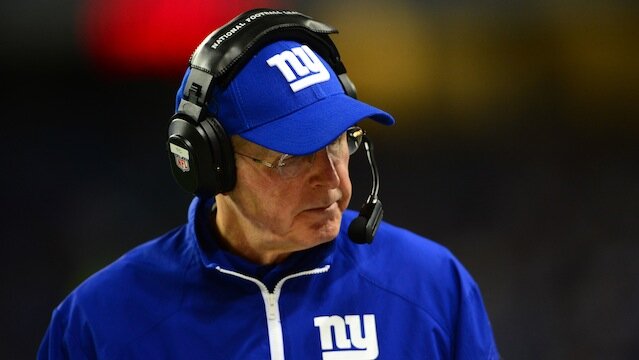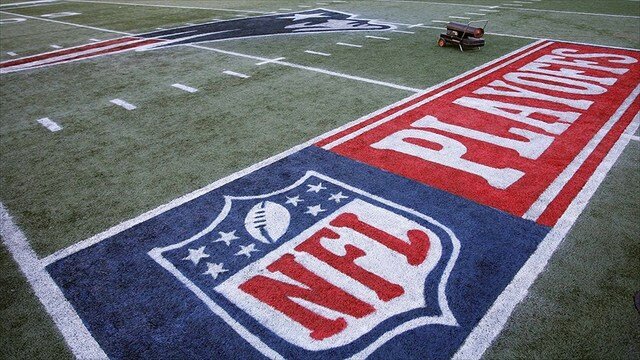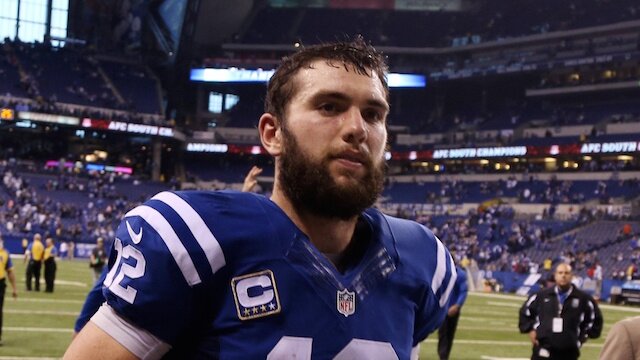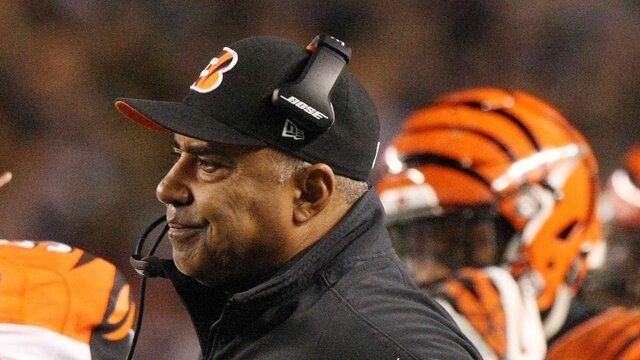The NFL Does Not Actually Care About PEDs
The NFL announced earlier this season that they had established a new drug policy. The policy mainly surrounded punishments for recreational drugs among NFL players, but it also included the fact that the NFL was going to look into punishment for the use of Human Growth Hormones. Many fans were pleased that it seemed like the NFL was going to make an extra effort to try and clean up the sport.
The reality is HGH is incredibly difficult to test for. The Associated Press at ESPN interviewed the head of the Anti-Doping Agency, Travis Tygart, on the subject manner. “You pretty much have to be a fool to test positive,” he said. HGH is able to leave a players system roughly within 24 hours. Due to the fact that players know they can’t be tested on game day, it is extremely obvious to avoid being caught. According to Tygart, of the 2,798 individuals who were randomly tested throughout all of sports in the past year, none of those tests came back positive.
It is obviously not the NFL’s fault that HGH is incredibly difficult to detect, but it’s important that fans understand that’s the case. Fans also need to understand that the NFL’s steroid policy has not been changed since it’s introduction to the sport in 1987. The NFL’s approach of randomly testing specific players makes this a very questionable policy as far as integrity. This is the case for all performance enhancing drugs in the NFL. It’s all random and players are typically aware of when the test is going to occur.
To be fair, the issue with performance enhancing drugs starts well before the NFL. Any former high school football player has more than likely played with a teammate on PEDs. It may vary among states and school facilities, but typically, all a player needs is one physical prior to the beginning of a high school season. That physical usually consists of a simple urine test or check up by a regular doctor. And naturally, the competitive nature of a majority of coaches wouldn’t dare explore the facts of whether or not their players are on PEDs. In some cases, coaches may even provide it.
If a high school player moves on to the NCAA, it is still easy to get away with PEDs. In a survey done in 2008 by Kerry Eggers, it was reported that 1% of NCAA were punished for PEDs, while 3% admitted to being on them in an anonymous survey. Due to the amount of players that are allowed to be on a college roster, that is an extremely large number of players. Not to mention a great deal of players that are on PEDs probably lied while taking the survey to be safe. The point is simple: it is a lot easier to get away with PED’s in the NCAA than you think, and the exact same thing can be said about the NFL.
Firstly, it’s almost impossible to get caught taking HGH. Secondly, the structure of the testing is flawed due to it’s “random” nature. Finally, PEDs become a part of a players life well before people realize. Is there anything the NFL can realistically do to truly deny PEDs? In regards to HGH it’s difficult. Not to mention there are tons of drugs out there that most normal people don’t even know exist.
While this article is depressing as all hell, the real point is that the NFL doesn’t actually care about preventing PEDs. That’s probably because if they did, it’d be a ton of work and money only to portray the league in a more negative light. If fans think of what happened to Major League Baseball following their dramatic change in steroid control, the numbers of home runs and batting averages rapidly plummeted. The game is cleaner, yet suffering financially.
Fans likely have mixed opinions over the subject. Some simply want to be entertained and don’t care about the sanctity of football. Others think PEDs are a seriously low-character decision that ruins the sport. The answer is not clear, but it’s unfortunately highly negative for the health of both the PED users, and the clean players in the league that have to share the field with them.
Anthony Beers is an NFL Writer for RantSports and a Passionate Giants Fan. You can follow him on Twitter @AnthonyBeers.
Reggie Wayne Isn't Allowed To Retire Yet
Indianapolis Colts fans are braced for Reggie Wayne's final game, but he has a few good reasons to go one more year. Read More
5 Things We Learned From the Bills' 2014 Season
Here are the five things we learned from the Buffalo Bills' 2014 season. Read More
Unwritten Rules of Hiring an NFL Head Coach
There’s more to a good NFL head coach candidate than where his unit ranked, how many Pro Bowl players he coached and where he’s worked Read More
Top 25 Players Who Made 2015 NFL Playoffs
The 2015 NFL Playoffs are set. Who are the top 25 players set to participate? Read More
Minnesota Vikings: 5 Veterans Who May Not Return
Coming off a promising season, here are five veterans who may not be back with the Minnesota Vikings next season. Read More
15 Greatest NFL Players to Never Win a Super Bowl
Here is a ranking of the 15 greatest NFL players to never win a Super Bowl. Read More
Suh’s Excuse For Rodgers Stomp Is Pathetic
Ndamukong Suh's excuse for stepping on Aaron Rodgers is about as low as it gets. Read More
Coughlin Has Earned One Last Chance With Giants
With the Giants electing to keep Tom Coughlin, there will be a ton of pressure for him to improve the team in 2015. Read More
25 Bold Predictions For 2015 NFL Playoffs
The 2015 NFL Playoffs are right around the corner, and there are sure to be plenty of surprises. Here are 25 bold predictions for the upcoming postseason. Read More
Raiders' HC Choices Don't Inspire Confidence
Having missed out on Jim Harbaugh, the Raiders are regrouping, but their early HC interviews leave much to be desired. Read More
5 Reasons Why Colts Will Win Super Bowl XLIX
A heavy dose of offense must be delivered if the Colts have plans of winning the Lombardi this season. Read More
5 Reasons Why Bengals Won’t Win Super Bowl XLIX
The playoffs have been the Bengals’ kryptonite for the past three years, and nothing is about to change. Read More
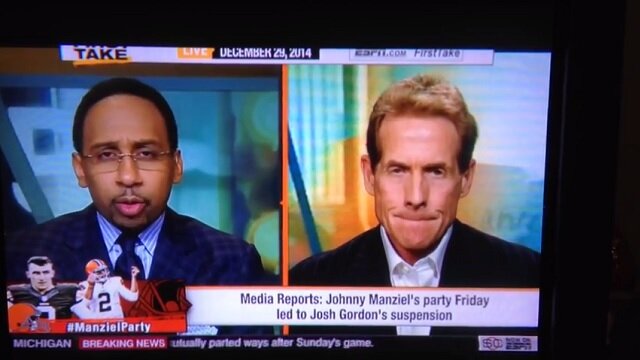
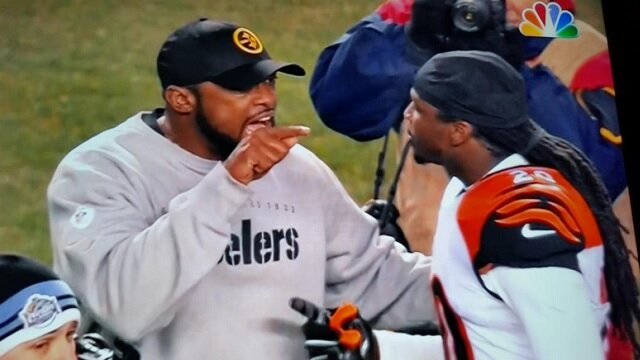
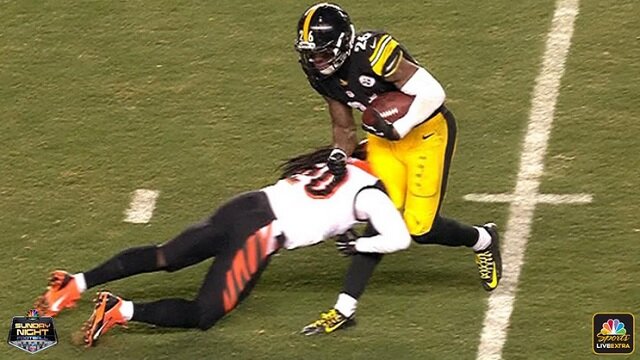
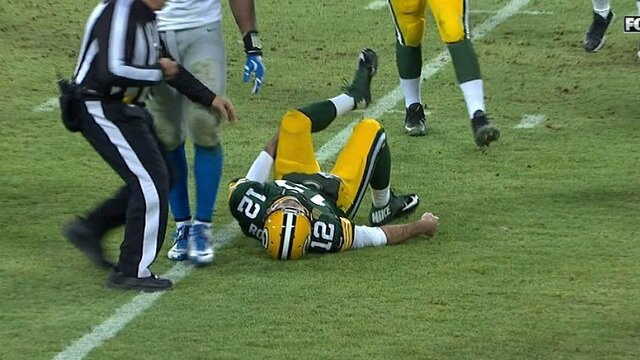
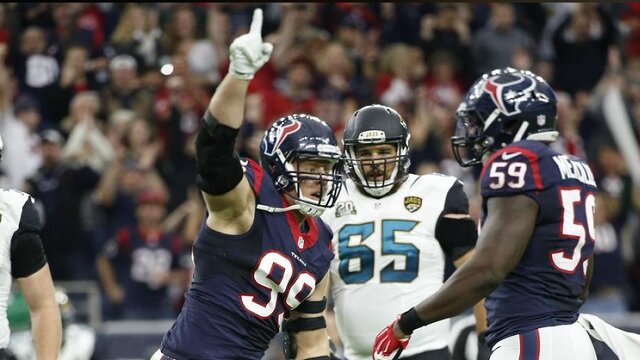
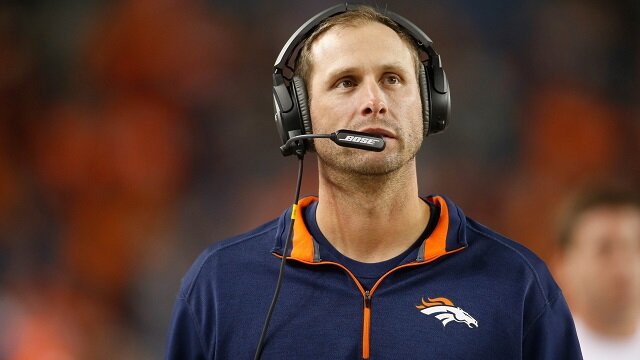

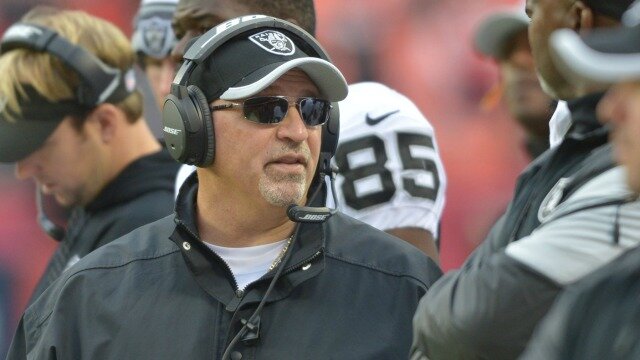
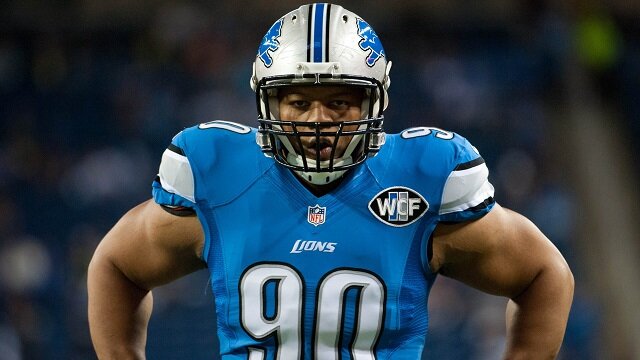
 @AnthonyBeers
@AnthonyBeers 

